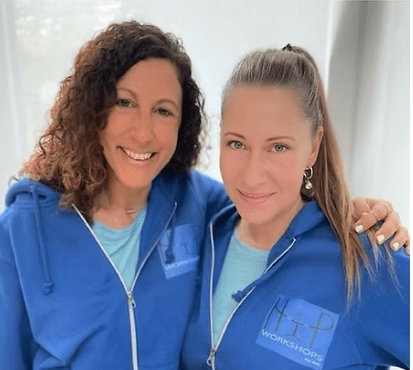How Device overuse is reshaping a generation
The digital age has brought about a seismic shift in childhood, one that no previous generation has experienced . Young people now grow up in a world where they are connected 24/7. Constant connectivity isn’t just an option—it’s the norm. This unprecedented access to the digital world is changing the way they develop, interact and experience life.
Tech brings significant benefits with huge advances in education, communication and global connectivity. You would be hard pushed to find an adult who does not rely on devices daily and it’s unrealistic to imagine young people going back to a life without smartphones. Adapting to the digital era is crucial, so is there any reason for us to be concerned?
The Hidden Dangers Behind Screen Overuse
We need look no further than the tech creators themselves, who willingly admit to intentionally designing apps to be addictive. These very same tech leaders banned their own children from using the devices they created, with many opting for Tech Free schools. Why? Because they know devices trigger our brain’s dopamine receptors, firing dopamine at Olympic levels round the brain, creating a loop of gratification that can be impossible for even adults to resist, let alone children. This constant dopamine hit means young people are now more sleep-deprived, less focused and exhibit far shorter attention spans.
The consequences: Focus, Productivity and Creativity
The fast-paced nature of the online world with its constant notifications, scrolling and instant gratification is eroding our young people’s ability to focus and be productive. Multitasking on devices, texting, checking social media and browsing the web reduces cognitive capacity. Studies show this mental juggling leads to shallow thinking and decreased ability to focus on complex tasks.
Creativity; one of the most prized attributes of childhood is also under threat. Where free play and imagination once flourished, time spent on devices now limits creative thought. Instead of dreaming up stories or inventing games, children are fed endless streams online, leaving little room for the kind of boredom that drives innovation and imaginative problem-solving.
Sleep Deprivation, Attention Deficits & Safety
Research shows that young people who spend extended hours on devices, especially before bed, struggle with getting enough sleep. Sleep-deprived teens are not only tired, but they’re also less able to focus, are less productive, less patient and more prone to mood swings. Chronic sleep deprivation can lead to long-term cognitive problems, affecting memory retention and decision-making. This makes for a diminished skillset in the real world.
A lack of awareness of our surroundings undoubtedly compromises our safety. When we are walking with our heads down, we are oblivious to external dangers. In a world that increasingly demands quick thinking & quick decision making, young people are robbed of the mental energy and streetwise knowledge they need to thrive and keep them safe.
Brain Development and Mental Health
Perhaps most concerning of all is the evidence that overuse of devices can have lasting impacts on the development of the adolescent brain. Prolonged exposure to screens can disrupt areas of the brain responsible for: impulse control, emotional regulation and decision-making. Young people’s ability to make real-world social connections is also suffering, as the rise of digital communication increasingly replaces face-to-face interaction.
Solutions: Educating and Empowering Youth
London based HIP Workshops see education as fundamental to success. By giving young people the opportunity to fully explore and understand the impact of device use, they are motivated to find their own balance between enjoying the benefits of technology and safeguarding their mental and physical health.
When we develop healthier habits we create a world where technology enhances, rather than diminishes growth. Educating the next generation to protect their free time, self identity and imagination will keep them safer in every aspect of their lives.
Dalia Tilsiter & Sharon Elton
For more details please visit www.hipworkshops.com or email info@hipworkshops.com
HIP WORKSHOPS
At HIP (Healthy, Inclusive, Positive) Workshops, Sharon & Dalia have developed a hands-on approach to help young people understand this and take control of their digital habits. Their immersive Digital Ninjas workshops, designed specifically for schools, teaches students the importance of taking conscious control of their own screen time. Through interactive games and mini-experiments, they demonstrate how screen overuse affects focus, productivity, sleep and overall emotional wellbeing.

